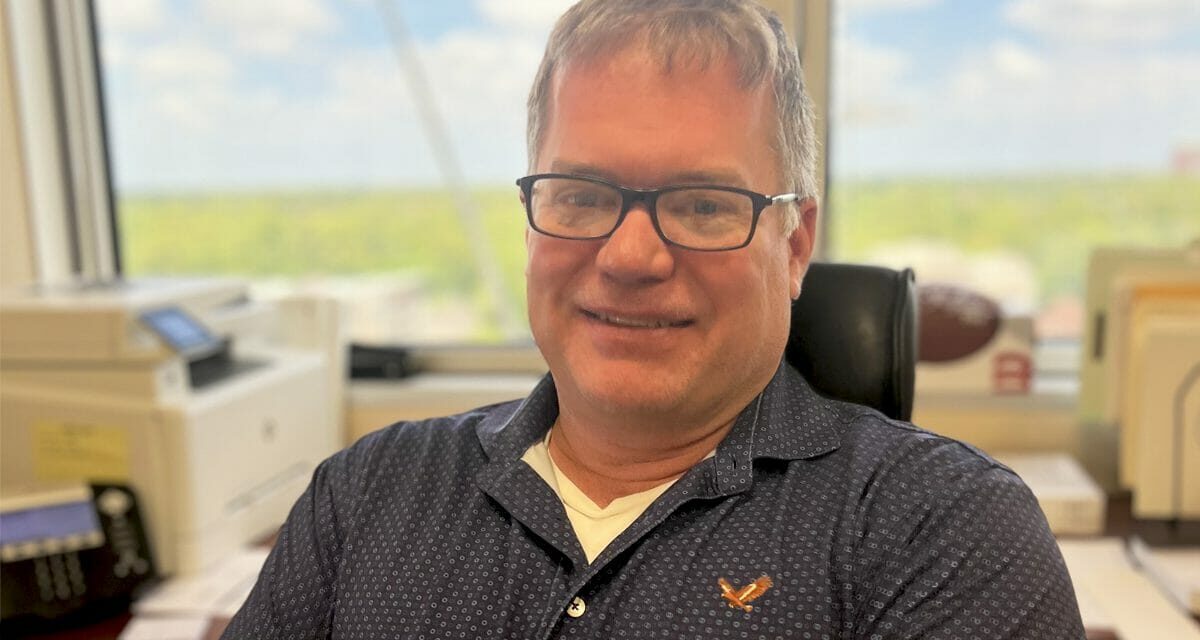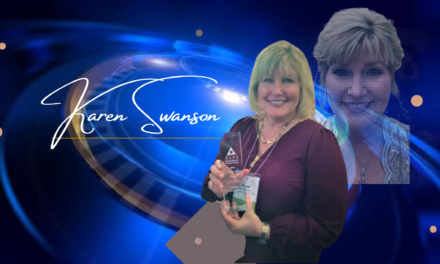Christopher Linton is an accomplished entrepreneur and community advocate, originally hailing from South Alabama. As the CEO of LoneStar Labor Management, a Houston-based staffing agency specializing in the poultry and food manufacturing industries, Christopher has built a reputation for combining business success with ethical responsibility and community engagement. Under his leadership, LoneStar has grown into a trusted partner for companies across the United States, known for its commitment to integrity, reliability, and client satisfaction.
Growing up in South Alabama, Christopher excelled in football and baseball, experiences that taught him discipline, teamwork, and resilience—qualities that have guided him throughout his professional journey. After earning a Bachelor of Science degree and a Juris Doctorate in Law, he transitioned into the business world, where he applied his education and life lessons to build a thriving company.
Beyond his business endeavors, Christopher Linton is deeply invested in his community. He is passionate about mentoring young athletes and supporting programs that promote education, leadership, and personal growth. Believing in the power of collaboration, he actively works with local organizations to create initiatives that leave a lasting impact. With a focus on sustainability and social responsibility, Christopher continues to lead by example, striving to make a meaningful difference in both business and community.
What inspired you to start LoneStar Labor Management, and how did you shape its mission?
LoneStar Labor Management was born out of a desire to bridge the gap between companies in need of reliable staffing and workers seeking stable employment. Growing up in South Alabama, I saw firsthand the importance of hard work and trust in building relationships. When I moved to Houston, I wanted to create a business that didn’t just fill staffing needs but also built lasting partnerships and empowered workers. Our mission reflects those values—integrity, reliability, and a commitment to both clients and employees.
How do you define success as a business leader?
For me, success isn’t just about revenue or growth. It’s about creating something meaningful and sustainable. If our clients feel supported, our employees feel valued, and the community sees the positive impact of our work, then I consider that a success. Success also means staying true to your values, even when it’s not the easiest path.
What role did your athletic background play in shaping your leadership style?
Athletics taught me discipline, resilience, and the importance of teamwork—qualities I carry with me every day. On the field, you learn that individual talent only takes you so far; it’s the collective effort that wins games. In business, I apply that same principle. I focus on building a strong team where everyone’s contributions matter, and I work hard to foster a culture of trust and collaboration.
Can you share a moment when you faced a major obstacle in business and how you overcame it?
One of the toughest moments was during the early days of LoneStar. We were up against larger, well-established companies, and breaking into the market wasn’t easy. I had to rely on the fundamentals: building trust, delivering excellent service, and being patient. There were times when it felt like progress was slow, but by staying consistent and focused, we gradually gained traction. Today, many of our long-term clients came from those early efforts to prove ourselves.
How do you balance your business responsibilities with your community involvement?
It’s all about priorities and time management. I make sure to allocate time specifically for community initiatives because I believe they’re just as important as running a business. I also try to combine the two when possible. For example, we’ve partnered with local organizations to provide job training programs, which helps both the community and our business. Delegating tasks within my company has also been key—it allows me to focus on community work without neglecting my professional responsibilities.
What’s your perspective on the importance of mentorship, and how has it shaped your life?
Mentorship has been a huge part of my journey, both as a mentee and as a mentor. Growing up, I had coaches and teachers who believed in me and pushed me to do better. Now, I try to pay that forward by mentoring young people, especially student-athletes. Whether it’s helping them navigate career decisions or offering guidance during tough times, mentorship is about showing them what’s possible and helping them believe in themselves.
What do you see as the biggest challenge for small businesses in today’s market, and how can they overcome it?
I think one of the biggest challenges is standing out in a crowded and competitive market. The key to overcoming this is building trust and relationships. Small businesses have an advantage because they can offer a level of personalization and care that larger companies often can’t. By focusing on quality, being authentic, and staying connected to your community, small businesses can create a loyal customer base that sustains them through tough times.
How do you ensure that your company operates with integrity as it grows?
Operating with integrity starts with setting clear values and holding yourself and your team accountable to them. At LoneStar, we prioritize transparency, fairness, and respect in everything we do. As we’ve grown, I’ve made it a point to hire people who share those values. It’s also important to constantly evaluate your practices and make sure they align with your mission. Integrity isn’t just a one-time decision; it’s something you practice every day.
What advice would you give to someone who wants to start a business while also making a positive impact in their community?
My advice would be to start small and stay consistent. You don’t need a massive budget or a grand plan to make an impact. Focus on finding ways your business can naturally align with community needs. Maybe it’s offering internships to local students or partnering with nonprofits on events. Whatever you do, make sure it’s genuine. People can tell when your efforts are authentic, and that’s what creates lasting connections.
What legacy do you hope to leave behind through your work?
I hope to leave behind a legacy of integrity, collaboration, and positive impact. I want people to remember LoneStar Labor Management as a company that cared deeply about its clients, employees, and community. More personally, I want to be remembered as someone who used his platform to empower others, whether it was through mentorship, community initiatives, or simply leading by example. At the end of the day, I believe success is measured by the difference you make in people’s lives.




